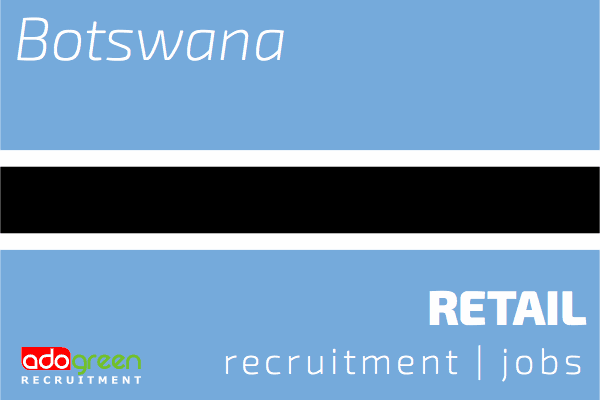Botswana overview World Bank
Botswana, a small landlocked country of two million people, is celebrating 50 years of independence in October 2016. Over the past half-century political stability, good governance and prudent economic and natural resource management helped to secure robust economic growth, supported by the discovery of diamonds. Botswana is now an upper-middle income countries, after being one of the poorest countries in Africa.
Botswana Country Profile
Botswana, one of Africa’s most stable countries, is the continent’s longest continuous multi-party democracy. It is relatively free of corruption and has a good human rights record.
Sparsely populated, Botswana protects some of Africa’s largest areas of wilderness. Safari-based tourism - tightly-controlled and often upmarket - is an important source of income. Botswana is the world’s largest producer of diamonds and the trade has transformed it into a middle-income nation. The country has had its share of problems: It once had the world’s highest rate of HIV-Aids infection. UN figures for 2014 suggest that for adults aged 15 to 49 the prevalence rate is 25%. The country has one of Africa’s most-advanced treatment programmes, however, and medicine for the virus is readily available.


